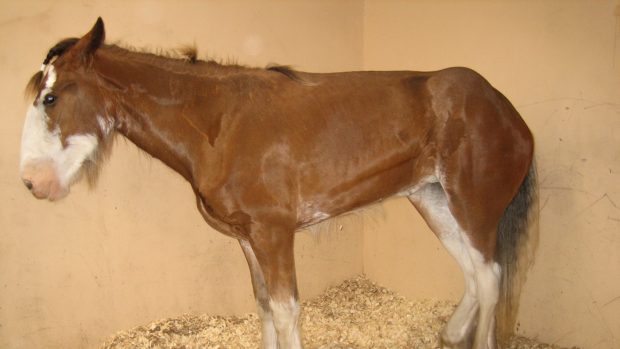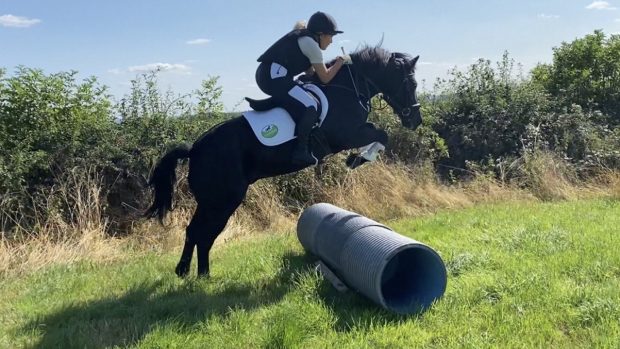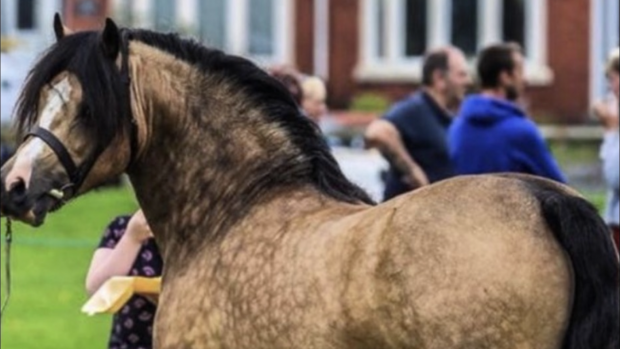Horse owners and equine vets are being asked to take part in a nationwide scheme to carry out surveillance on equine grass sickness (EGS).
The scheme is the first of its kind and is being launched by scientists at the Animal Health Trust (AHT), the Universities of Edinburgh and Liverpool and the Equine Grass Sickness Fund.
The Horse Trust is funding the surveillance scheme that will analyse trends related to the disease, such as where and when cases occur across the UK
Researchers hope to collage enough information to build an accurate picture of the true welfare impact of EGS, as well as assist in the future EGS vaccine development.
“We’re appealing to owners whose horses have suffered with the illness, or vets who have treated horses with the illness at any time throughout the year, to let us know.
“It is never too late to submit a case — your information is vital,” said Georgette Kluiters, a grass sickness research assistant at the AHT.
Equine grass sickness was first seen in horses in 1907, following an outbreak in army remount horses near Dundee, Scotland. The cause of the disease is largely unknown although the nature of the damage to the nervous system would suggest that a type of toxin is involved. The disease occurs almost exclusively in horses that have access to grass.
“April to June is predominantly the time when the number of EGS cases peak in the UK. We had notification of just five cases in the first quarter of 2009, but the number of cases in the second quarter has shown a sharp 10-fold increase, with more that 50 reports so far,” added Georgette.
If you have owned or treated a horse with EGS you can help with this research by completing a short questionnaire at www.equinegrasssickness.co.uk.
All submitted information remains confidential.




